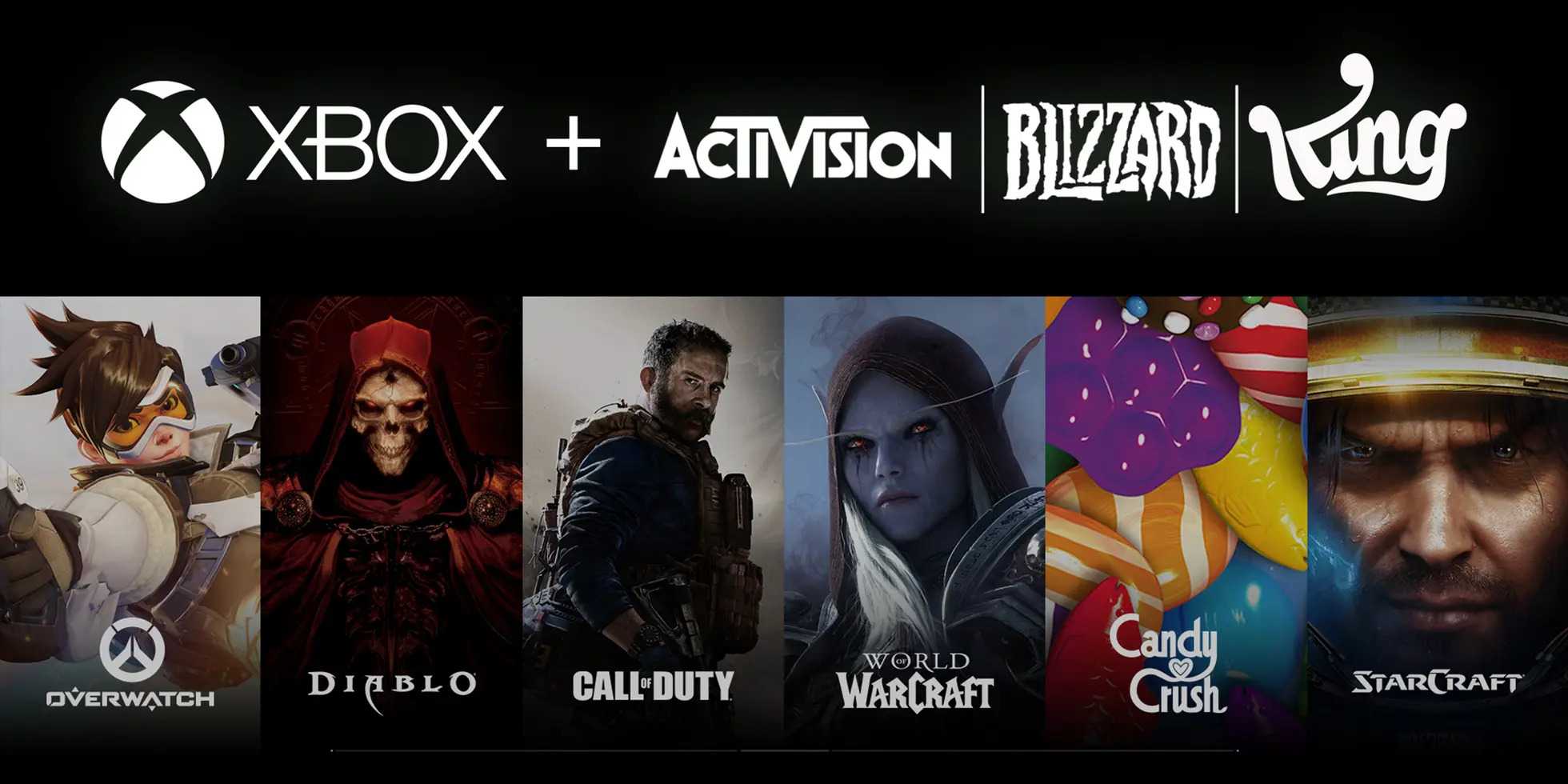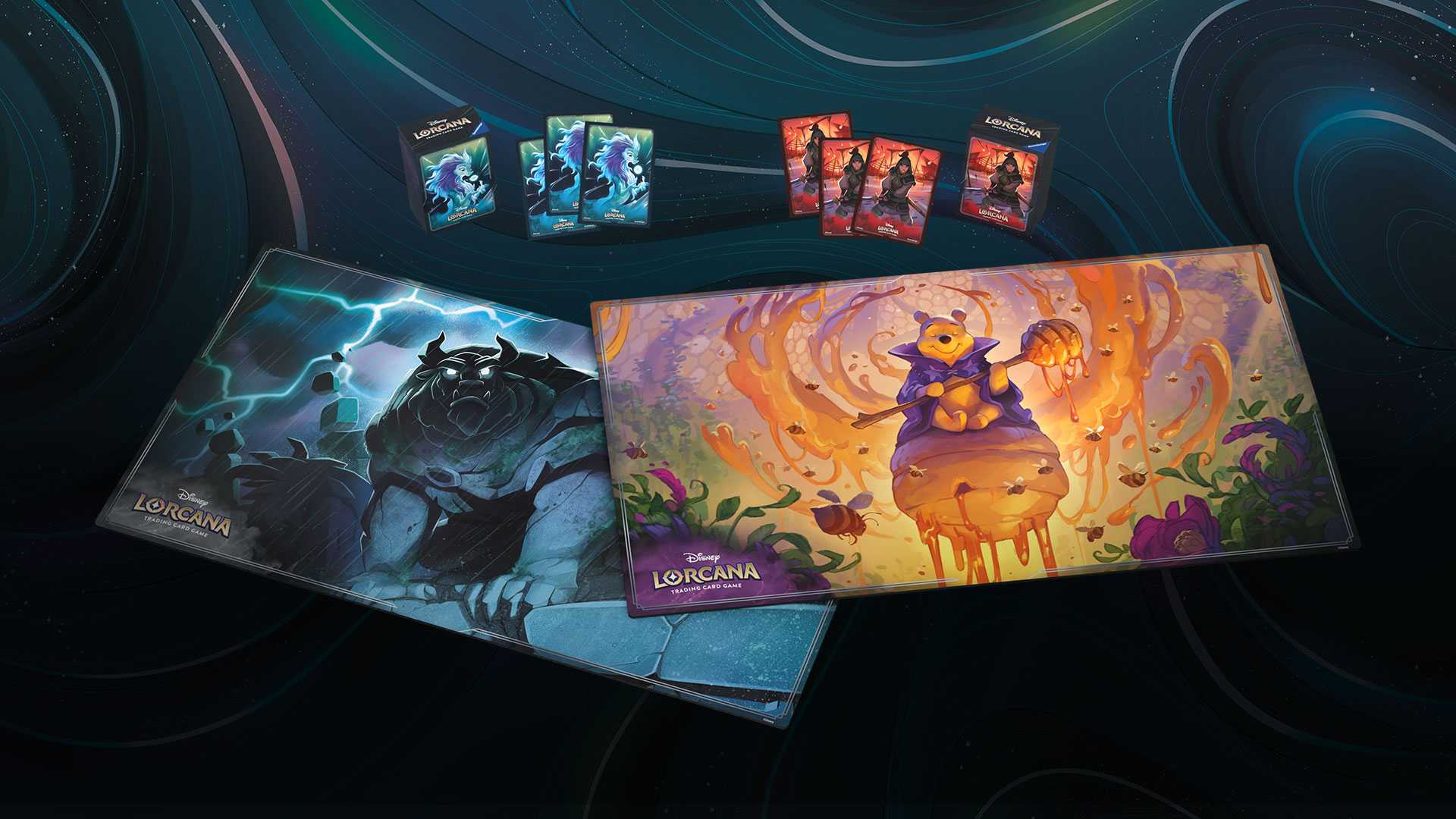In the wake of surprise hits from 2020 such as Among Us, Fall Guys, and Genshin Impact, Iron Gate AB and Coffee Stain have found success with viral hit, Valheim. In just two weeks on Steam Early Access, the game sold over 2 million copies, and by one month, it had surpassed 5 million sales.
The Vikings-themed co-op survival game puts an emphasis on playing together, which has been a key to success during the pandemic. According to Interpret’s New Media Measure®, overall time spent on multiplayer gaming among all gamers in the US jumped 20% from 5.5 hours weekly in 2019 to 6.6 hours in 2020. Valheim also borrows elements from MMOs but removes the leveling and questing grind that can become tiresome for some players. “Valheim feels like an MMO, but just for me and my friends,” one Interpret analyst described.
While Valheim is more social than Genshin Impact, what they have in common is a well-developed progression loop. Many have described Impact’s core gameplay as highly addictive, which helped the game generate about $6 million daily last year; likewise, Valheim’s great progression loop keeps players constantly entertained by enabling them to uncover new things frequently while steering them towards multiple new goals (somewhat akin to Stardew Valley).
Having a massive AAA budget of $100 million or more allows for higher fidelity graphics, more features, and robust marketing support, but it does not guarantee that a game’s core concept will resonate among the target audience; it also inherently comes with far more risk. What we’ve seen with these breakout hits of late is that social mechanics and great progression loops that boost player retention are arguably more important than big piles of cash. As a $20 title from an indie studio, Valheim’s budget is a mere fraction of those allocated for AAA studios, and yet it’s now on track to see an ROI that rivals some of those big budget projects. It doesn’t hurt that Vikings have become the latest popular theme across entertainment, something Ubisoft’s Assassin’s Creed: Valhalla benefitted from over the holidays – the game drove Ubisoft to its best-ever quarter with over $1.2 billion in sales. Publishers looking to identify the next major hit cannot simply follow trends, however; research and focus group testing is critical to ensure that the right gameplay mechanics are in place to push gamers’ buttons.







